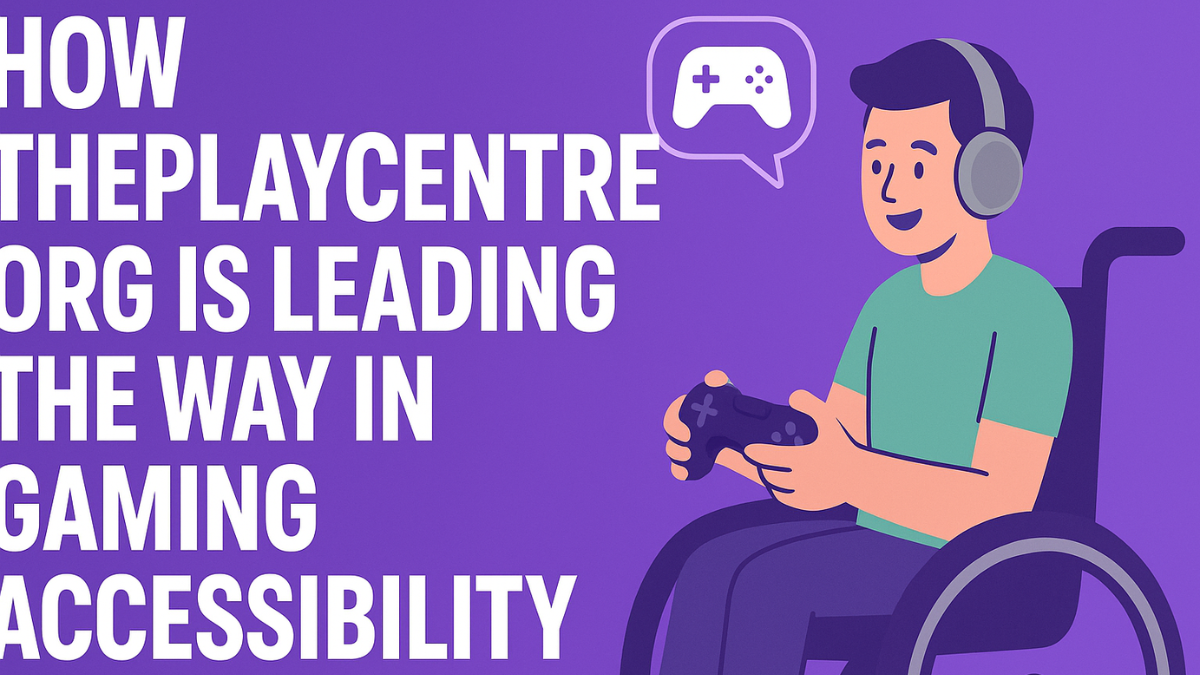Best Study Hacks to Improve Memory
Have you ever studied hard for an exam, only to forget everything the next day? You’re not alone. Many students face this problem, but the good news is that improving memory isn’t about studying harder—it’s about studying smarter.
Our brains work best when we use certain techniques that help us store and recall information. By applying simple but powerful study hacks, you can remember more, stress less, and actually enjoy learning.
Here are some of the best study hacks to improve memory, explained in an easy way you can start using today.
1. Use Active Recall Instead of Passive Reading
One of the biggest mistakes students make is reading notes again and again without testing themselves. This creates the illusion of learning but doesn’t improve memory.
- Active recall means trying to remember information without looking at your notes.
- Example: After studying a chapter, close the book and explain it in your own words.
- This method forces your brain to practice retrieval, making memories stronger.
2. Follow the Spaced Repetition Technique
Cramming before exams might help for a day, but it doesn’t build long-term memory. Instead, space out your study sessions.
- Review material after 1 day, then 3 days, then a week, and later once a month.
- Apps like Anki or Quizlet use spaced repetition automatically.
- Spreading out study sessions helps your brain store knowledge deeply.
3. Break Information into Chunks
The brain struggles with large amounts of information at once. Breaking it into smaller chunks makes it easier to remember.
- Example: Instead of memorizing a 10-digit phone number at once, divide it into 3-3-4.
- Group related information into categories or themes.
- This technique is called “chunking”, and it helps memory by reducing overload.
4. Use Visualization and Mind Maps
The brain remembers pictures better than plain text. Turning information into visuals makes it easier to recall.
- Draw diagrams, flowcharts, or mind maps.
- Use colors and symbols to highlight important points.
- Example: If you’re studying history, create a timeline with images.
Visualization creates mental “shortcuts” that improve recall.
5. Teach What You Learn
One of the most powerful hacks is teaching others. When you explain something to someone else, you truly test your understanding.
- Teach a friend, a family member, or even yourself in front of a mirror.
- Use simple language to explain complex ideas.
- If you can teach it clearly, you have mastered it.
This method is also called the Feynman Technique—a proven way to boost memory and understanding.
6. Use Mnemonics and Acronyms
Mnemonics are memory aids that help you recall lists or concepts easily.
- Example: To remember the order of math operations (Parentheses, Exponents, Multiplication, Division, Addition, Subtraction), use PEMDAS.
- Create funny phrases or rhymes to remember long lists.
- The stranger or funnier your mnemonic, the more likely you’ll remember it.
7. Apply the Pomodoro Technique
The brain remembers better when you study in focused bursts rather than long, tiring sessions.
- Study for 25 minutes, then take a 5-minute break.
- After four sessions, take a longer 15–20 minute break.
- Short sessions keep your brain alert and prevent fatigue.
This technique helps memory by keeping your concentration sharp.
8. Relate New Knowledge to What You Already Know
Memory improves when you connect new information to something familiar.
- Example: If you’re learning about the human heart, compare it to a water pump.
- Relating new concepts to personal experiences makes them easier to recall.
- This method is called association, and it strengthens memory networks.
9. Sleep Well and Review Before Bed
Sleep is crucial for memory. While you sleep, your brain processes and stores the information you studied.
- Try to review important material just before going to bed.
- Aim for 7–8 hours of sleep every night.
- Avoid late-night cramming, which reduces both focus and memory.
Good sleep acts like a “save button” for your brain.
10. Stay Physically Active
Exercise doesn’t just help your body—it also improves your brain. Studies show that physical activity boosts memory and learning ability.
- Do light workouts, yoga, or even a 20-minute walk daily.
- Exercise increases blood flow, which helps your brain perform better.
- A healthy body supports a healthy mind.
11. Stay Hydrated and Eat Brain Foods
What you eat directly affects your memory. Dehydration and poor nutrition weaken focus and recall.
- Drink enough water throughout the day.
- Eat foods rich in omega-3 (like fish, nuts, and seeds).
- Include blueberries, dark chocolate, and green tea for brain health.
Fuel your brain properly, and your memory will thank you.
12. Reduce Digital Distractions
Constant phone notifications and social media scrolling hurt your ability to focus and remember.
- Turn off notifications while studying.
- Use apps like Forest or Focus To-Do to stay distraction-free.
- Dedicate specific times for social media after study sessions.
Less distraction = more focus = better memory.
Final Thoughts
Improving memory for studying isn’t about working harder—it’s about working smarter. By using techniques like active recall, spaced repetition, visualization, and proper sleep, you can make learning more effective and less stressful.
Remember, consistency is key. Try one or two hacks at a time, stick to them, and gradually build a study routine that makes your memory stronger every day.
Learning can be fun when you discover the right ways to remember. With these hacks, you’ll not only score better in exams but also retain knowledge for life.
FAQs
1. What is the fastest way to improve memory for exams?
Active recall and spaced repetition are the fastest and most effective methods. Testing yourself instead of just rereading boosts memory quickly.
2. How many hours should I study daily to remember better?
It’s not about hours—it’s about quality. Even 2–3 focused hours using the right techniques can improve memory more than 6 hours of passive reading.
3. Does listening to music help memory while studying?
Calm, instrumental music can help concentration, but loud or lyrical songs may distract you. Choose what works best for your focus.
4. Can stress affect memory while studying?
Yes, high stress can block your brain from storing and recalling information. That’s why breaks, exercise, and good sleep are important.
5. Is it better to study at night or in the morning?
It depends on your energy levels. Many people find mornings more effective because the mind is fresh, while others prefer quiet nighttime. The key is consistency.
news via inbox
Mail us for latest news and updates







